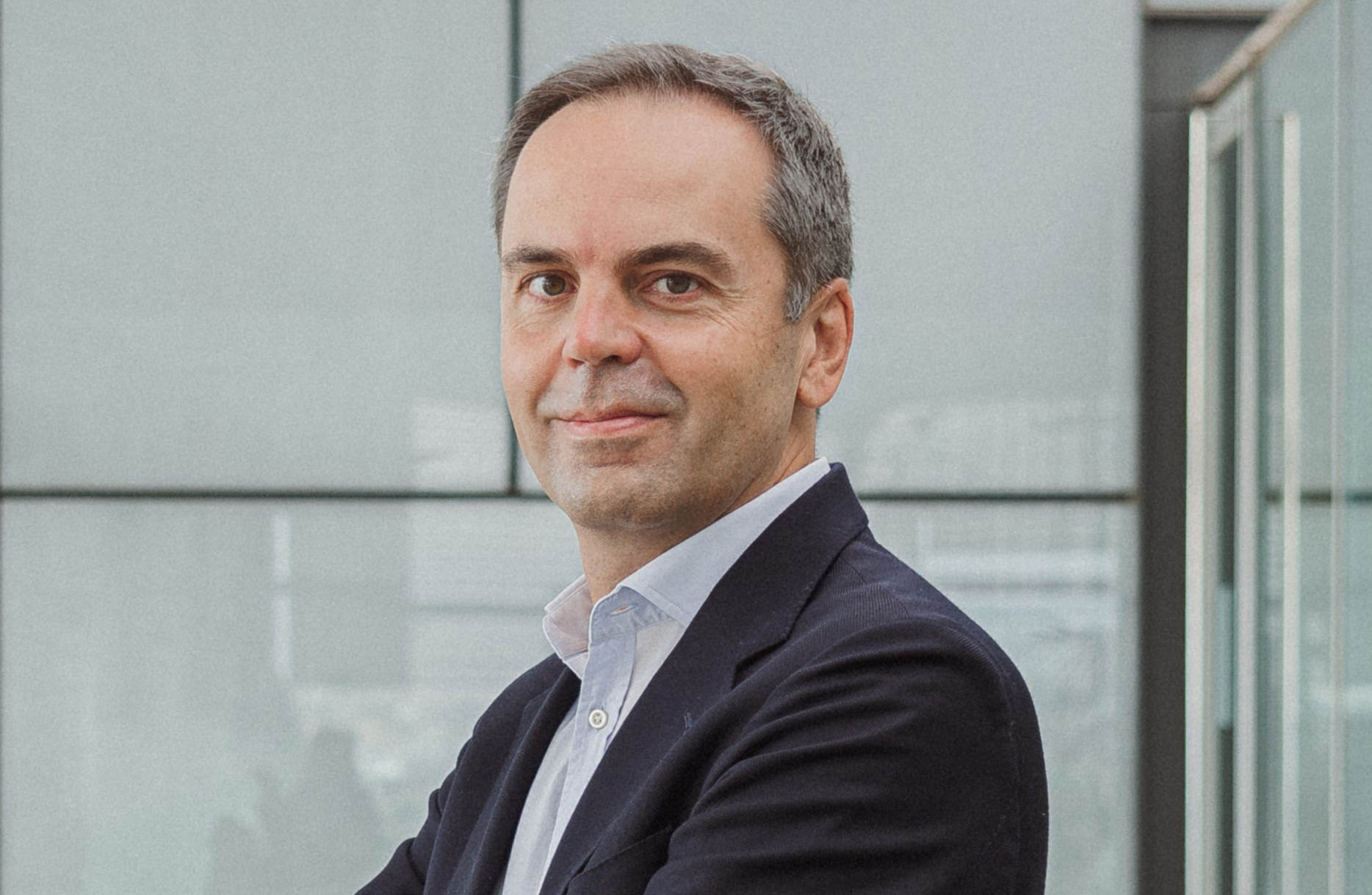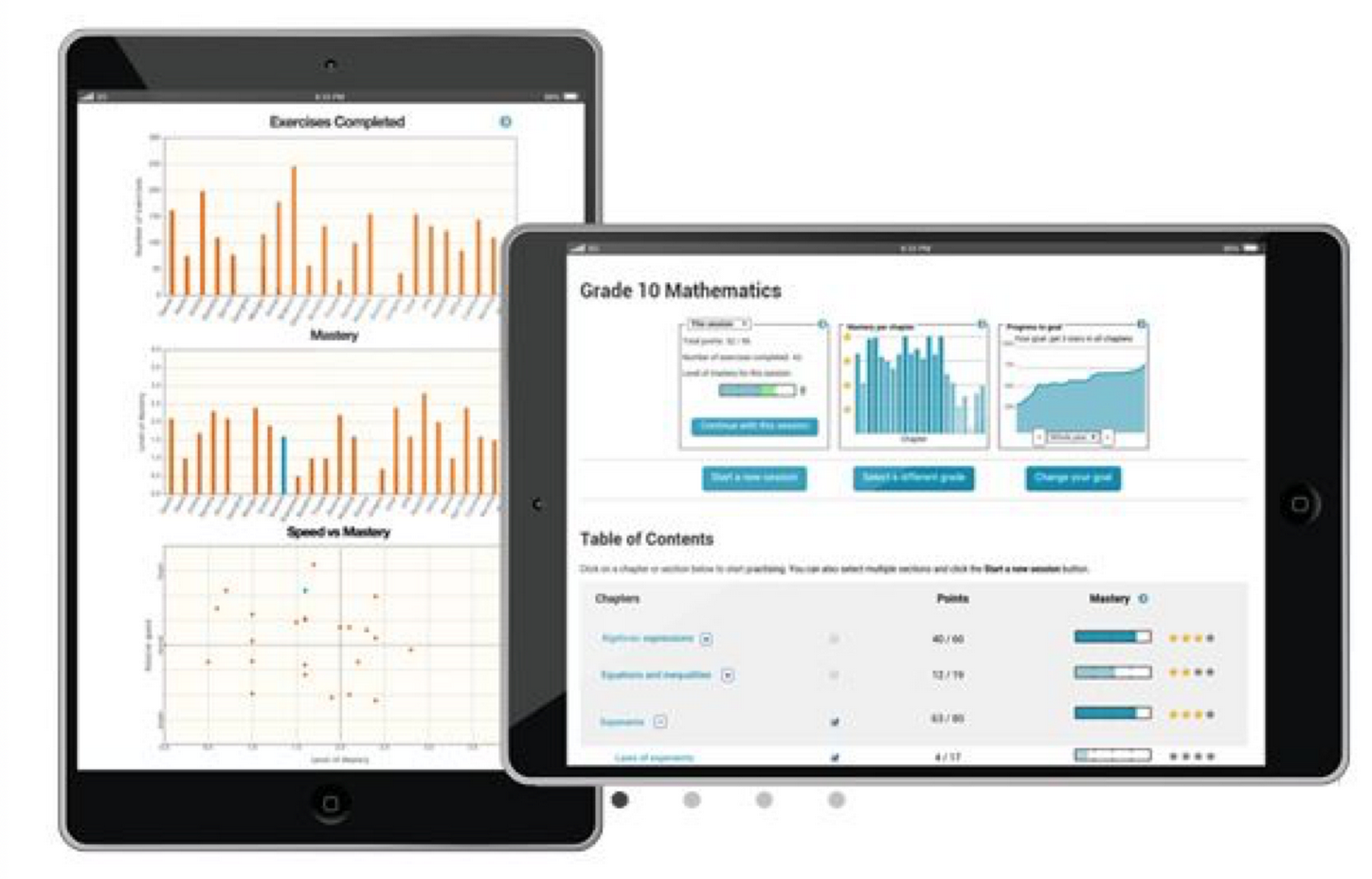From science-fiction to the news

Artificial intelligence has leapt from the pages and frames of science fiction into our everyday lives. What classic authors such as Isaac Asimov or H.G. Wells, which only 30 years ago might have seemed unbelievable to us, is now part of our daily lives. Machines that help radiologists radically improve the early detection of cancer? Done. Self-driving cars? Done. Simultaneous translation in all languages on a device that fits in the palm of your hand? Done.
The great explosion of big data and advanced analytics, facilitated by the spectacular reduction in the cost of storing and processing data, and by its massive generation, has made it possible today to realise the dream, begun in the 1950s, of an artificial intelligence that can help us find solutions to some of the most recurrent problems of our societies.
Artificial intelligence creeps into our lives every day, in a multitude of everyday gestures, without us often being aware of it. When we unlock our mobile phone with facial recognition, an artificial intelligence algorithm identifies our face against millions of other faces to ensure that it is indeed us accessing our phone; when we watch a series or a movie or listen to music on a digital platform, the content recommender that tells us the next series to watch or the next song to listen to is, again, an artificial intelligence algorithm; when we are in the car, navigating with the GPS system, its indications are built from an artificial intelligence that analyses multiple data on how traffic is in an area and how it has been historically and, based on that, suggests the best route to reach our destination.
Companies also use them continuously for things that affect us positively. This is done by banks, pioneers in the use of artificial intelligence to fight fraud, detecting anomalous behaviour that could be fraudulent and minimising the risk of someone stealing our bank account or making transactions in our name. So do large industrial companies with what are called “predictive maintenance algorithms”, which can predict if something is going to fail in their systems, and fix it before it happens. Not to mention medicine, where artificial intelligence has great applications, both in the diagnostic phase and in the treatment phase, and will radically change the way we receive medical services, helping us to have a longer life expectancy and a better quality of life.
In education, the application of artificial intelligence and data analytics also opens up a wide range of possibilities. In addition to helping us predict and anticipate, for example, school drop-outs and/or failures, AI allows us to personalise students’ learning pathways, monitor their progress, predict their results and recommend next steps; it can also provide teachers with better tools to support personalised learning and free them from burdensome administrative tasks so they can focus more on the content of the lessons.
Al igual que aprendimos a utilizar las innovaciones introducidas por anteriores revoluciones industriales, y hoy sabemos usar un ordenador, un teléfono inteligente, un coche o una lavadora, debemos aprender cómo funcionan estas inteligencias llamadas a transformar nuestro mundo de forma tan radical.
Ethical, transparent and explicable algorithms
In short, we are facing a historic opportunity that, if well used, could greatly improve our societies at all levels. However, like any technology, if used inappropriately, it carries a number of equally important risks.
These risks revolve, above all, around three concepts that are absolutely key to the development of artificial intelligence: ethics, transparency and the explicability of algorithms.
For an algorithm to be ethical it is critical to ensure that the data that will be fed into that algorithm is unbiased and is shaped in an ethical, fair, diverse and inclusive way, taking into account all groups, especially when dealing with people’s data.
In addition to being ethical, artificial intelligence algorithms must be transparent and explicable. They cannot be “black boxes” inside of which we do not know what is going on. We need to understand how the algorithm works, what results it is generating and why it is generating those results. In short, it is a question of understanding how they are behaving, the formulas, the mathematics behind them.
These principles of ethics and transparency are critical to making artificial intelligence a catalyst for social transformation for the better; for putting technology at the service of people and enabling us to live better lives by focusing on what makes us most creative and human.
Fortunately, the European Union regulatory model is moving in this direction and public bodies and large companies are focusing their efforts in this direction (Telefónica published in 2018 its Ethical Principles on the Use of Artificial Intelligence and is working intensively with the EU and some multilateral bodies in Latin America to ensure that ethics and transparency are inviolable principles in the development of this technology).
For its part, the transparency and explicability of algorithms must necessarily be supported by education and training. To make proper use of artificial intelligence, it is essential that people increasingly understand what it is, how it works and when they are interacting with it.
Just as we learned how to use the innovations introduced by previous industrial revolutions, and today know how to use a computer, a smartphone, a car or a washing machine, we must learn how these intelligences that are set to transform our world so radically work. And for that, education is key. Therefore, just as programming and computer science education is beginning to be introduced from an early age, girls and boys should learn about computational thinking, algorithms and artificial intelligence.
As we see on a daily basis, the possibilities and benefits that these new technologies can bring us are unimaginable. But they must have clear limits: ethics and respect for human rights. We have before us a great opportunity unprecedented in centuries and generations. The time is now: let us build an ethical, transparent and inclusive artificial intelligence, enabling equality of opportunities and the economic and social progress of our civilisation.






